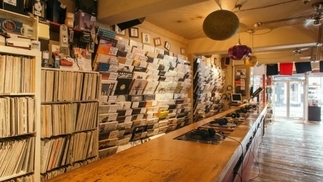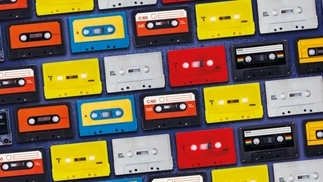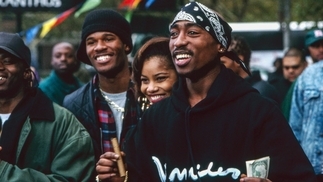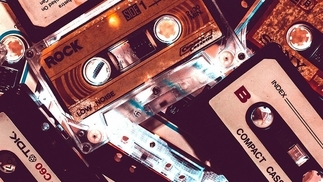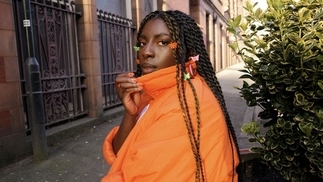Inventor of the cassette tape, Lou Ottens, dies aged 94
The Dutch engineer presented the first audio cassette at the Berlin Radio Show electronics fair in 1963
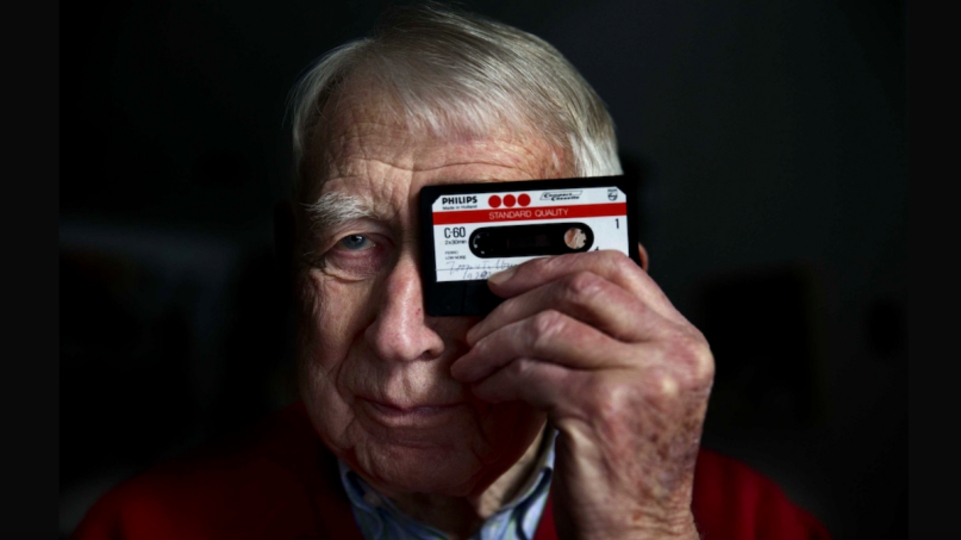
Lou Ottens, the inventor of the cassette tape, has died.
The Dutch engineer and inventor, who also played a key role in the development of the CD, died in his home in North Brabant on Saturday. He was 94.
Ottens started working for Philips in 1952, and by 1960 was made head of the company’s product development department. Within a year, he had developed the world’s first portable tape recorder, the EL 3585.
Fed up with the impracticality of reel-to-reel tape systems, Ottens and his team soon developed the cassette tape, which would go on to revolutionise the way people listen to music in the 20th century. “I got annoyed with the clunky, user-unfriendly reel to reel system, it’s that simple”, Ottens said later.
In 1963, he presented the first cassette tape at the Berlin Radio Show electronics fair, and trademarked the ‘Compact Cassette’ title the following year. After making a deal with Sony, Ottens cassette design became the industry standard.
It is estimated that over 100 billion cassettes have been sold around the world in the decades since.
Ottens went on to play a key role in the development of the CD in 1979. Over 200 billion CDs are estimated to have sold since they entered circulation in 1982.
Cassettes have been enjoying a healthy revival in recent years, becoming a preferred method of release for many independent artists. Cassette sales doubled in 2020, the British Phonographic Industry revealed at the start of this year. You can revisit our 2018 feature about the cassette revival here.
Ottens however, was unimpressed by the revival of tapes and vinyl in recent years. Speaking to Dutch paper NRC Handelsblad some years ago, he said: “Nothing can match the sound of the CD. It is absolutely noise and rumble-free. That never worked with tape... I have made a lot of record players and I know that the distortion with vinyl is much higher. I think people mainly hear what they want to hear.”
